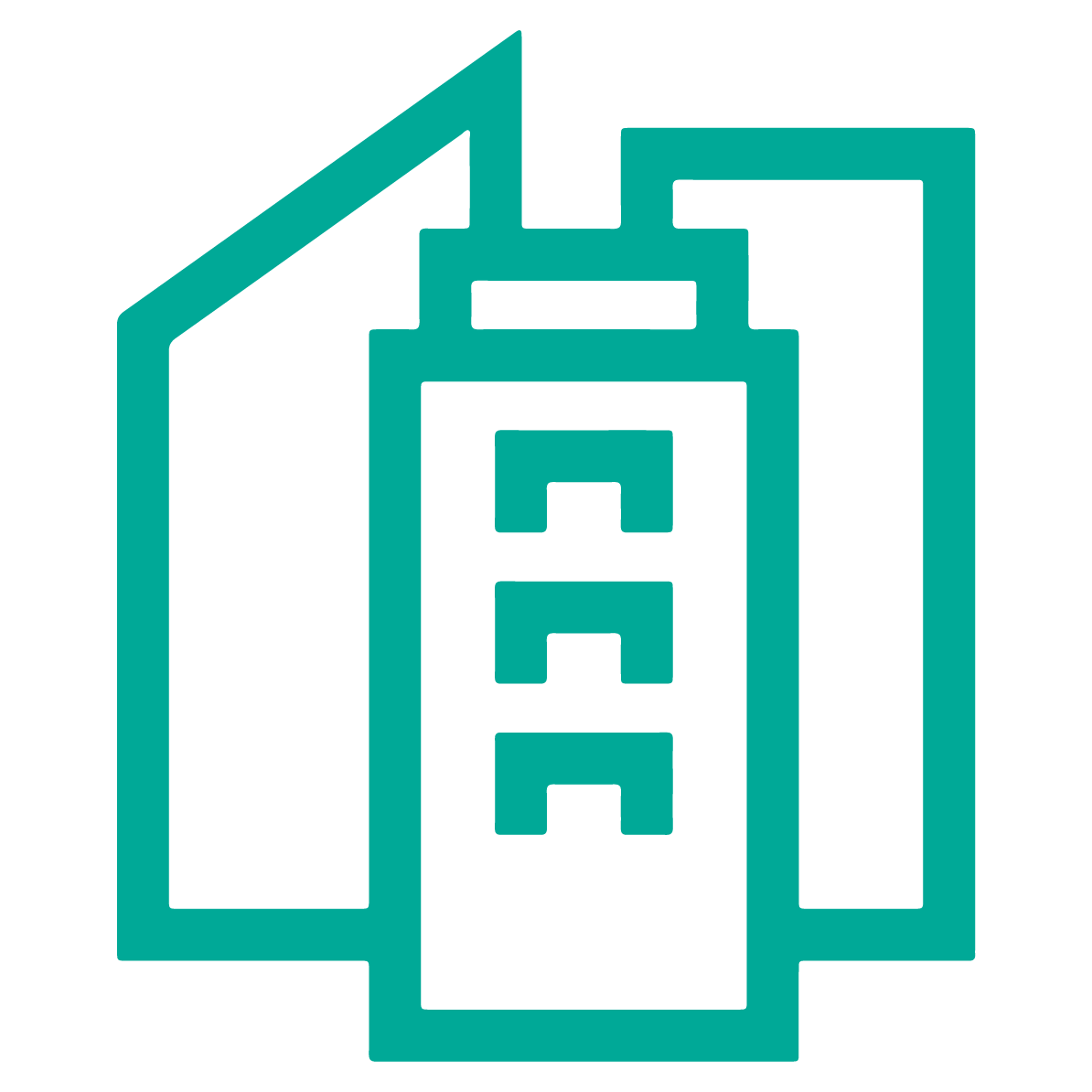UN Economic and Social Commission for Asia and the Pacific

ESCAP promotes economic and social development in the Asia and the Pacific regions.
About
ESCAP is one of the five Regional Commissions of the United Nations. It supports inclusive, resilient and sustainable development in the region by providing knowledge, technical assistance and capacity building services for national and regional objectives and agreements. In November 2017, ESCAP convened along with UN-Habitat a Regional Partners Forum (@Quito+1), to engage cities, institutions and networks across Asia Pacific to accelerate solutions towards sustainable urbanization. Following input received at the forum, ESCAP, UN-Habitat and partners developed forward-looking normative guidance, captured in The Future of Asian & Pacific Cities, 2019, which identified four key thematic pillars of sustainable urbanization:
- Urban and Territorial Planning;
- Urban Resilience;
- Smart and Inclusive Cities; and
- Urban Finance.
These thematic pillars, which also contribute to the New Urban Agenda, provided the structure for the 7th Asia Pacific Urban Forum, held in October 2019, and have been the focus for ESCAP’s capacity building work. ESCAP has scaled up its urban development activities, with sustainable cities as one of four integrated priority areas of the Environment and Development Division, along with Climate Action, Protecting Ecosystem Health, and Air Pollution.
The Forum is an inclusive intergovernmental platform ESCAP organizes which has focused on sustainable urban development in the region. The annual intergovernmental forum is part of the formal follow up and review process for the 2030 Agenda for Sustainable Development and has incorporated the voice of local authorities.
The 2018 APFSD included a focused review and roundtable on regional progress on SDG11, and engaged representatives of local government and city networks. ESCAP also produces an annual SDG Progress Report, and maintains the SDG Helpdesk, which has a dedicated thematic portal on ‘sustainable urbanisation’.
The 2022 APFSD was held on 28 to 31 March 2022, and a pre-meeting on the implementation of the New Urban Agenda was held on 21 March 2022 to consolidate inputs for APFSD. The meeting was attended by line ministries, NGOs and civil society and UN organizations and resulted in a draft statement delivered by the Government of Indonesia at APFSD. UCLG-ASPAC delivered a statement during APFSD emphasizing the role of local and regional governments to contribute to the 2030 Agenda and the New Urban Agenda. The Chair’s Summary emphasized the need for platforms to support local governments, such as the Asia Pacific Mayors Academy, and welcomed the development of voluntary local reviews, highlighted in the statement from the pre-meeting.
The largest association of urban stakeholders committed to sustainable development in the Asia Pacific region. Established in 1987 with the support of ESCAP, UNDP and UN-Habitat, the network of cities has grown to include over 173 municipalities, NGOs, private companies and research centers, to exchange knowledge and build commitment to establish more sustainable and resilient cities. CityNet manages the Urban SDGs Knowledge Platform (LINK) in partnership with ESCAP to share knowledge and solutions.
Established in 2019 at APUF-7, the Penang Platform brings together an alliance of partners, led by ESCAP and UN Habitat, to address these multi-faceted issues through a holistic CITI pathway: Collaborate to accelerate implementation of the SDGs in cities, Integrate the use of tools, models, research and evidence of good practices, Transform access to innovative sources of urban financing through new partnerships, and Increase political commitments for sustainable urbanization. The Platform will support collaboration among partners to take forward all aspects of the NUA and particularly the development pathways identified in 2019 Future of Asian Pacific Cities report.
Launched at APUF-7, the Academy supports newly appointed mayors with access to expertise, greater awareness of regional resources and a support network to assist in the acceleration of urban sustainability initiatives, across all aspects of NUA. The Academy’s approach includes courses held on an annual basis, coupled with ongoing peer-learning. The Academy has brought together partner institutions including ESCAP, UN-Habitat, UN University Institute for Advanced Study of Sustainability (UNU-IAS), UCLG ASPAC, the Association of Pacific Rim Universities, and the Institute for Global Environmental Strategies (IGES), to deliver a comprehensive curriculum on urban development to fellow mayors. To date, more than 20 mayors have completed the academy in two classes and developed initiatives for their communities informed by the course and feedback from expert faculty.
The forum is a regional platform for policy makers and stakeholders at all government levels held every four years to exchange on urban solutions. APUF-7 was held in October 2019 in Penang, Malaysia, co-organized by UN-ESCAP, UN-Habitat, Urbanice Malaysia, Penang Island City Council and the State Government of Penang. More than 5,000 participants attended APUF-7, during which a number of organizations made voluntary commitments to promote sustainable urban development, which will be reported at the 8th Asia Pacific Urban Forum in 2023. Commitments were made by 11 specific organizations and partnerships at APUF-7, including: the Asian Development Bank (ADB), to provide US$2.5 billion annual financing for urban infrastructure projects from 2020 to 2024; United Cities and Local Governments Asia Pacific (UCLG ASPAC) to support at least 50 cities and provinces to develop SDG aligned local plan, climate change action plans, local disaster plans and/or participatory design and construction of public spaces by 2022; the European Union International Urban Cooperation programme to support cooperation on sustainability in 30 cities by 2023; and the Pacific Island Forum Partners to achieving the outcomes of the Pacific Urban Forum by 2023.
The Asia LEDS Partnership is a regional network comprised of individuals and organizations from the public, private, and non-governmental sectors active in designing, promoting, and/or implementing low-carbon development in their countries and cities. The partnership, a regional platform of the LEDS Global Partnership shares solutions and has delivered trainings to local and national stakeholders. The 2021 Asia LEDS Partnership Forum, Advancing NDC implementation and strengthening Long Term Strategies was held virtually over a two-week period August-September 2021. ICLEI serves as the secretariat for the partnership, ensuring that low-carbon solutions are accessible to local authorities, including through the network’s comprehensive knowledge platform.
An annual event co-organized by UCLG ASPAC and the ASEAN Secretariat to discuss local actions for sustainable and inclusive growth, exchange experiences and share urban solutions. Participants include mayors, representatives of local governments and local government associations from all ASEAN member states. The 5th ASEAN Mayors Forum, Driving Local Actions for Sustainable and Inclusive Growth, was held in August 2019 co-organized in Bangkok with ESCAP, while the 2021 AMF, Enabling Environment on Climate Resilience: Local Governments and Cities Commitment to Tackle Climate Change was held virtually in June 2021.




